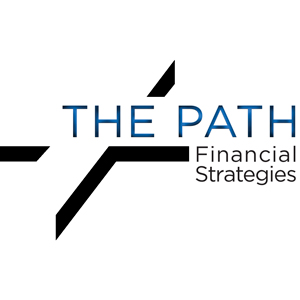There are endless types of insurance available in the marketplace, so how do you know which you should own? As a general rule, the public should own insurance that protects against catastrophic loss. Life, long-term care, and disability insurance should be high on the list.
Disability insurance is designed to replace wages for your family in the event that you suffer an injury or sickness that renders you unable to work. The most important piece of buying this protection is to know the definition of disability from each insurance company that you shop. The definition ranges in language from own occupation, referencing a job for which you are trained and experienced, to any occupation, meaning any job that generates a paycheck. The precise definition drives when and if the disability contract will pay benefits. Ask lots of questions to gain clarity, and recognize that no insurer will cover one hundred percent of your earned income. Instead, the amount of monthly benefit will have limits based on income, and most often seventy percent of income can be protected. For example if your gross earned income per month is seven thousand dollars before taxes, a policy with four thousand nine hundred dollars per month in benefits would be available for purchase. This is a great starting point, but if the premium causes you to pause, add up your basic expenses: mortgage, groceries, health premiums, maintenance, etc. Having some financial protection when you cannot work is better than being completely exposed without any fallback.
A disability contract can be designed to fit your specific needs in many different ways. Typically it will have a waiting period, which is the time that you will need to handle monthly needs from other resources, such as savings. You can determine your policy’s waiting period during the policy application process. Waiting periods might be thirty, sixty, ninety, one hundred eighty, or three hundred sixty five days – the longer the waiting period, the lower the premium. Decide on a waiting period according to other resources you have on hand to cover basic needs. Once the contracted waiting period ends, the policy will begin paying benefits. The length of time for receiving payments is determined by your occupation class and your decisions at the time of application. Policies for some occupations can pay benefits until age sixty-five. Inflation protection or cost of living adjustments should also be considered. These are just some of the basics. There are many other benefits that are available, so thoroughly explore your options.
How the premiums are paid is extremely important, too. Employer-sponsored plans are sometimes deducted from paychecks prior to taxes, which is not recommended. When premiums are paid with pre-tax dollars, any claim benefit will be taxed. The bottom line is drastically reduced because your entire paycheck is not protected and taxes are applied on top of the income reduction. Instead of seventy percent of your normal income, your disability benefits may be reduced to as little as forty percent. A better scenario is to have premiums paid with after-tax dollars so benefits are higher during time of need.
Bottom line: Disability insurance should not be overlooked or considered a luxury. Having no disability insurance carries a high risk for you and your family. Why not be proactive and protect your income for what the future might bring?




